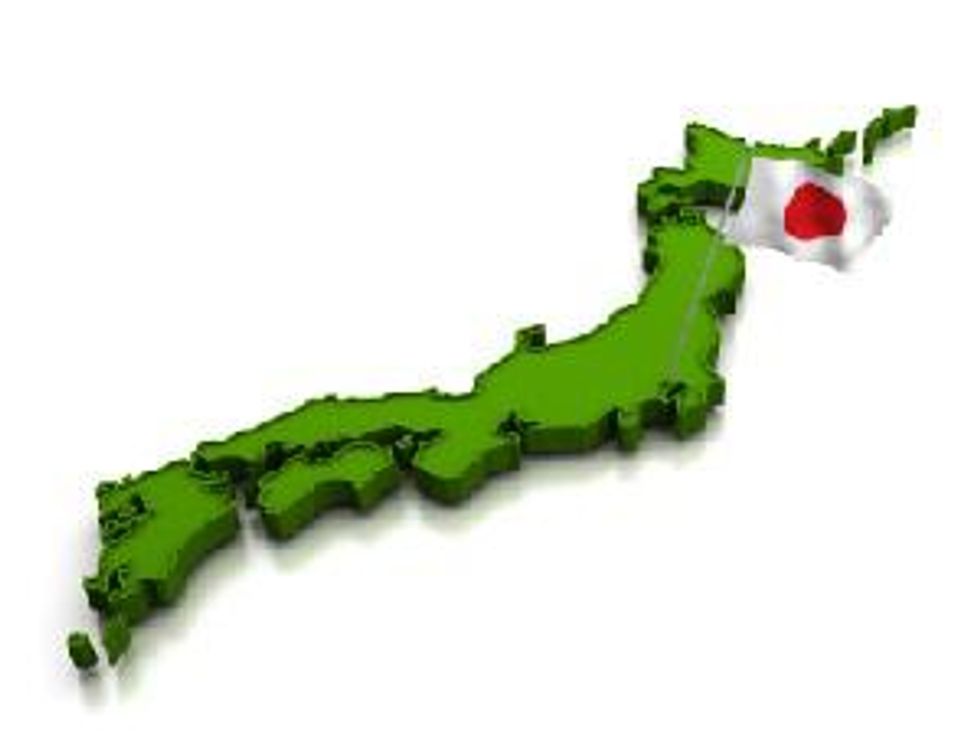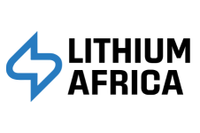Japan Oil, Gas and Metals National Corporation (JOGMEC) has agreed to invest $4 million in a joint venture partnership with American Lithium Minerals, Inc. in the Borate Hills Project of Nevada.
By Dave Brown – Exclusive to Lithium Investing News
Less than a week after a South Korean investment group pledged $15 million in a joint venture and feasibility study in an Argentinian salar, a Japanese company is following suit. Japan Oil, Gas and Metals National Corporation (JOGMEC) has agreed to invest $4 million in a joint venture partnership with American Lithium Minerals, Inc. (OTC:AMLM) in the Borate Hills Project. This move on the part of Asian companies to secure a reliable lithium supply by developing projects in foreign lithium deposits is of great interest. The differences of the two projects are notable; however, the underlying value of the resource potential is also apparent via the strong continued appetite for lithium.Differences: Location, location, location
The Korean group elected to invest in a lithium brine deposit within the region of the only commercial lithium producing salar in Argentina and the source of approximately 10 percent of the world’s production of lithium. Subsurface brines have become the dominant raw material for lithium carbonate production worldwide because of lower production costs compared with the mining and processing costs for hard-rock ores.
The more recently announced Japanese joint venture involves a boron and lithium mineralization contained in strata-bound formations that are a combination of claystone and volcanic tuff in Nevada. During the mid 1980’s this region of the United States was identified as the second largest boron deposit in the country, and is resident to lithium values with an extent of 1.5 miles and thicknesses of up to 1300 feet.
Similarities: Participants
Both joint ventures are composed of a North American mineral exploration company teamed with an Asian partnership. The Korean allegiance includes the privately owned GS Caltex, which also happens to be the second largest Korean oil refiner and operates 3,400 gas stations. The company manages the world’s largest plant producing benzene, which is used in the production of unleaded gas. Similarly, the mandate of JOGMEC is also closely associated with the petro-chemicals industry, endeavoring to secure a stable supply of oil and natural gas for Japan.
Lithium has already experienced some tailwind, having been identified by the current administration as a strategic mineral for an alternative energy future. The ongoing negative press over the Gulf of Mexico oil leak is very likely to result in additional benefits for US based lithium mining, exploration and development, and clean technology research firms. The Japanese may be hedging exposure to increasingly more costly and regulated international oil resources by anticipating any additional tax concessions, subsidies and incentives that would create an even greater yield on their investments because of the location of the Nevada based deposit.
Afghan Mineral Wealth
On Monday of this week, the NY Times reported that the potential of $1 trillion worth of mineral deposits may be located within Afghanistan. The article explains a study using advanced gravity and magnetic measuring equipment and follow up with instruments that offered a three-dimensional profile of mineral deposits below the earth’s surface. The teams of American geologists and mining experts who examined the new data were astonished by the results. Lithium, gold, cobalt, copper, iron, among other valuable minerals are lying beneath what is already a war-torn country with little mining history.
Following the most comprehensive geologic survey of Afghanistan ever conducted, officials said that an initial analysis at one location in Ghazni Province showed the potential for lithium deposits as large of those of Bolivia. Afghanistan has so much of the metal that it could become the “Saudi Arabia of lithium,” according to an internal Pentagon memo, although there is no publicly disclosed data to substantiate these claims.
Among the groups of geologists who are now scouring some of the most remote stretches of Afghanistan to complete the technical studies necessary before the international bidding process is begun, there is a growing sense that they are in the midst of one of the great discoveries of their careers. While it could take decades to develop a mining industry, the potential is so great that officials and executives believe it could attract heavy investment even before mines are profitable, and however this unfolds politically, socially, environmentally and economically will be interesting to all lithium investors.





